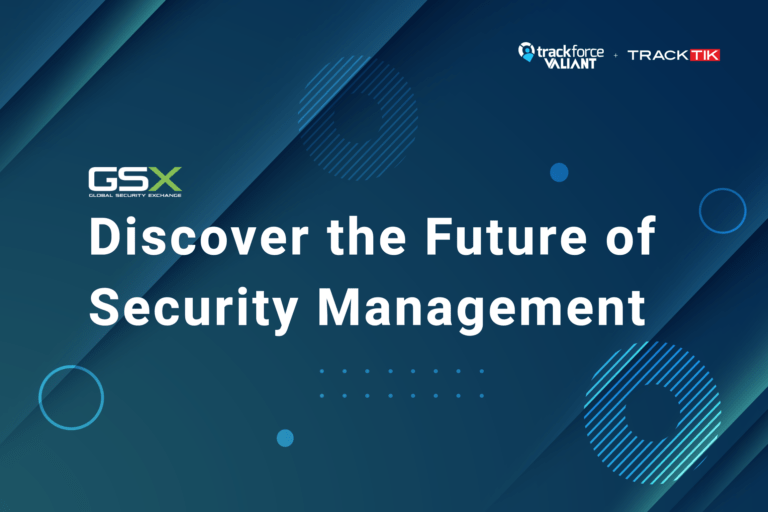Mike Hurst has been a thought leader within the United Kingdom’s security industry for decades. That’s why I made sure to pull him aside at the 2018 Global Security Exchange (GSX) Conference to discuss his current projects and to get his take on the evolution of the security industry from within his home country and across the globe.

Since the early 1990s, Mike has been revolutionizing the European security industry by establishing and providing critical resources for large corporations. In 1992, he founded HJA Fire and Security to supply the fire and security sector with much-needed recruitment services. Because of the success of HJA, Mike was able to expand the firm’s portfolio to include executive recruitment, offer strategic consulting services, and support the organization and management of security events.
As a volunteer and Vice Chair of ASIS’ UK Chapter, which is the largest in the world, Mike provides expertise as an educator and leader to its members. Mike is also proud to be a panel member on the ASIS’ European Advisory Council where he advocates for pay increases within the security industry and provides career coaching for security professionals. During our chat on the floor of the GSX Conference venue, he was eager to share what he feels are the critical opportunities for the security industry and its professionals going forward.
Leveraging information through security events
The role of security professionals within the corporate sector is transforming at an unprecedented pace due to technological advances, the global nature of organizations and the cyber threats therein. With the pace and complexity of these developments, Mike emphasized the importance of leveraging knowledge among industry members through networking and information sharing. Because there are hundreds of events taking place every year, Mike saw a need to ensure security professionals had access to event information and to support organizers’ coordination of security events at a broader scale.
Mike, along with Graham Bassett, founded the security events website, AllSecurityEvents.com in response. The site functions as a singular resource for coordinating and sharing information about international security events. The site allows organizers to avoid clashes in event scheduling and for attendees to plan their trip to one or more events in their home town or abroad. Education and information exchange are the cornerstones of a successful career in security, and AllSecurityEvents.com is a key tool that professionals can use to ensure they’re accessing relevant events to support their personal development.
The bottom line of security
Security is no longer viewed as a cost to an organizations’ bottom line, but instead is now thought of as a business enabler. With the increasing complexity of cyber risks combined with the ever-changing demands of physical security, the services that security professionals offer have become essential to the success of most large organizations. “If it’s not contributing to the business and to profits, then why are we doing it?” is what Mike emphatically said to illustrate the interconnectedness of corporate success and security. Mike felt that it is also up to security professionals to show how their services contribute to the bottom line of the business. One of the key ways to accomplish this is through a concept called Enterprise Security Risk Management (ESRM).
Enterprise Security Risk Management: A holistic approach
In the words of Mike, ESRM is a “holistic philosophy” that marries security to corporate success. The philosophy reaches every level of business regardless of organizational structure and is focused on the integration of security into every facet of a business, including tools, procedures and processes. With a review of corporate tools and processes through ESRM, a security professional is able to identify risks and devise mitigation measures to reduce or eliminate those potential risks. This, Mike argues, is the most important way for security professionals to link the work they do to the profit margins of a company. With decreased vulnerability to physical and information risks, corporate investments remain more secure and business can grow. ESRM is also a continuous improvement model, so following implementation of risk management measures, security professionals ensure the actions taken remain effective.
From my discussion with Mike, it is clear that times are changing rapidly for the corporate and security realms, and only through innovation and collaboration with security professionals can the business sector remain a reliable environment.



